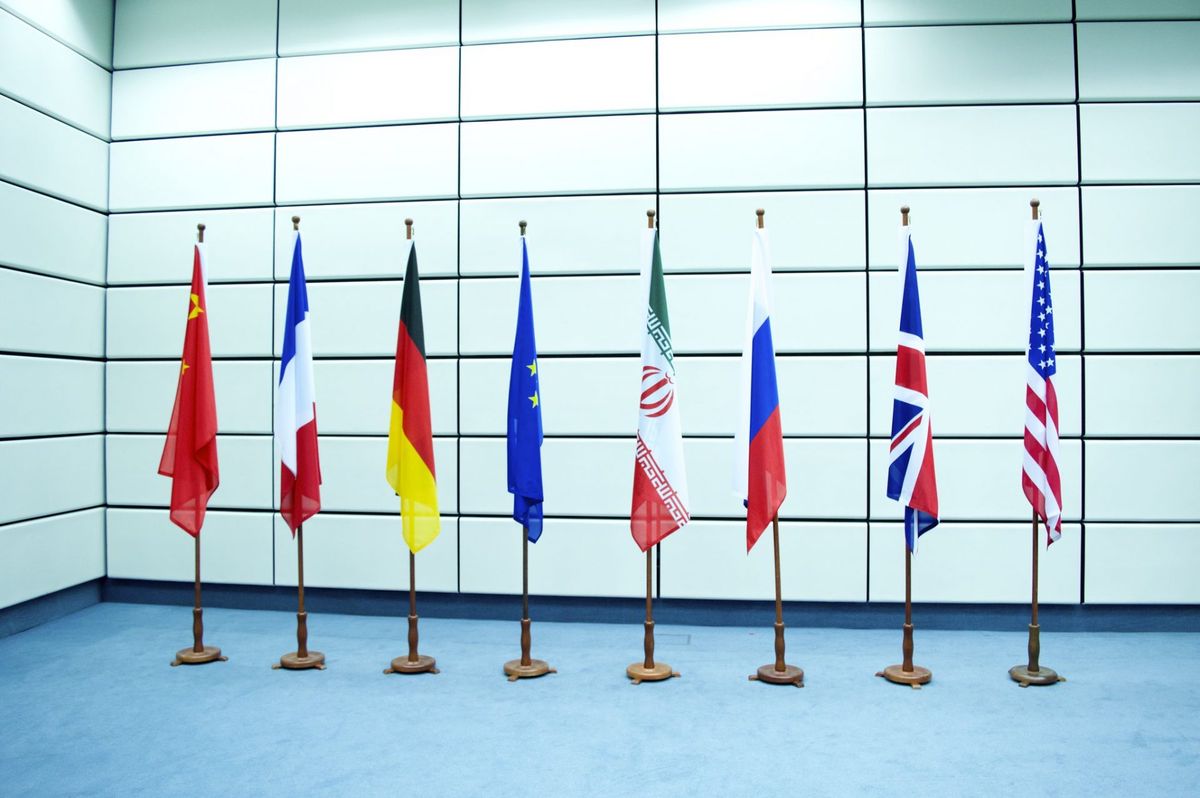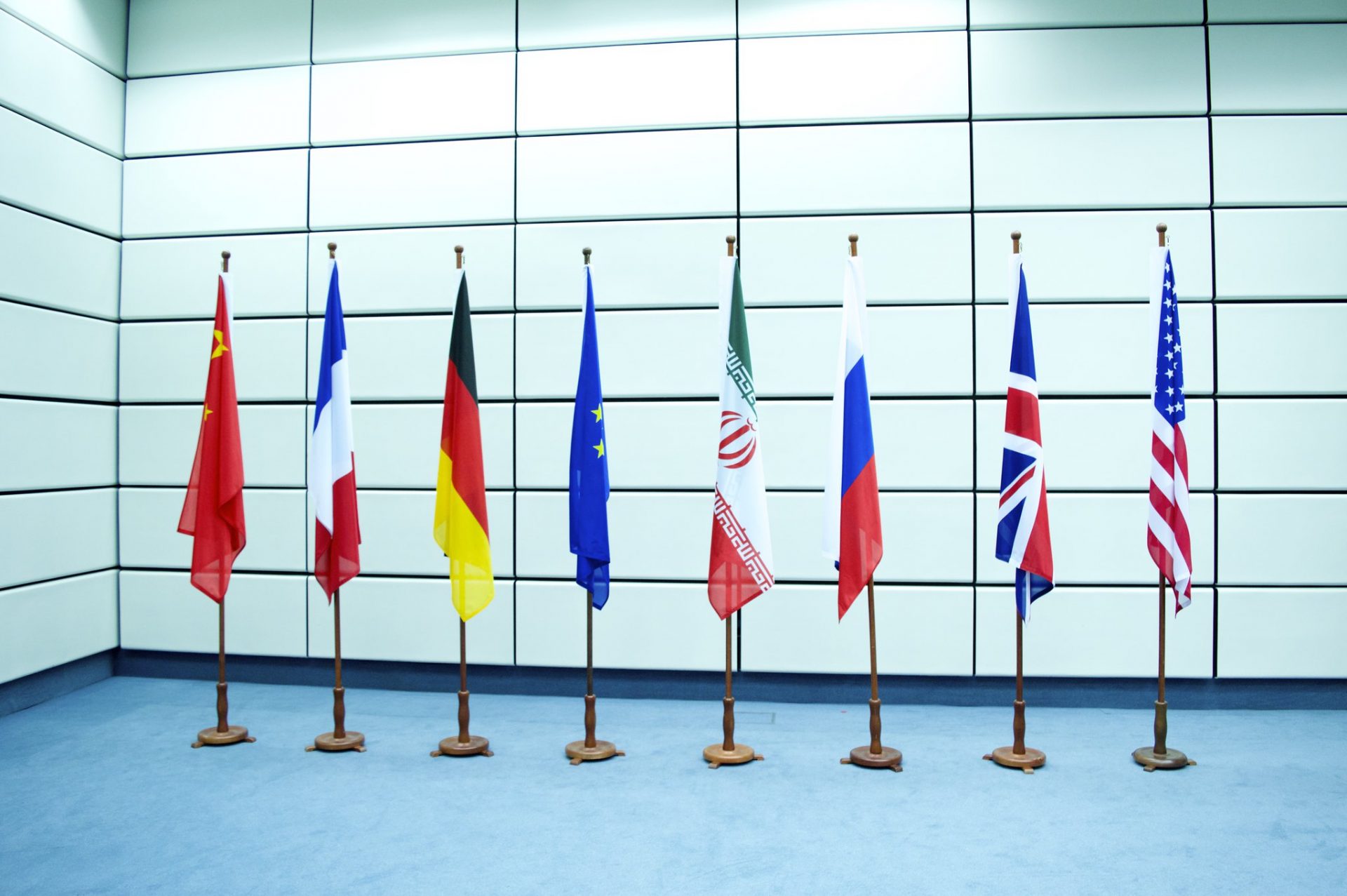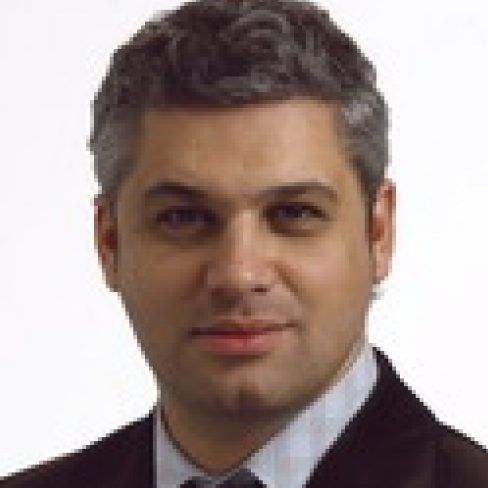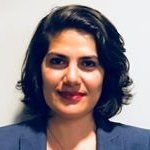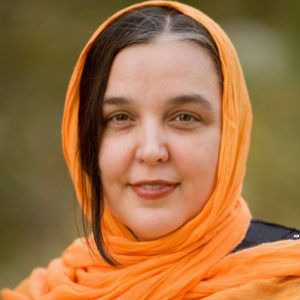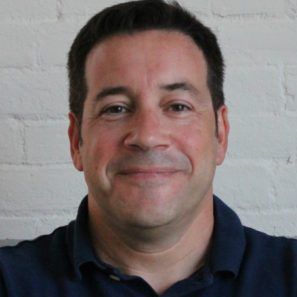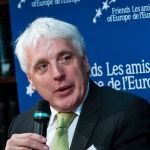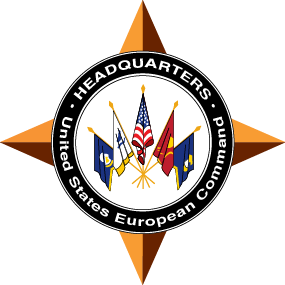The European Union could play a potentially pivotal role in bringing the United States and Iran back to the table when it comes to the Joint Comprehensive Plan of Action (JCPOA), most participants agreed at a Friends of Europe debate on Tuesday.
The discussion took place three months after the Iranian presidential vote, which saw hardliner Ebrahim Raisi narrowly elected, and three years after the Trump administration pulled out of the JCPOA and introduced economic sanctions.
“European voices matter to President Biden, and he believes in alliances”, (00:33:13) said Jon Wolfsthal, Senior Advisor at Global Zero and former senior director for arms control and non-proliferation at the US National Security Council.
“If Europe believes that both parties should go back to the table, then that needs to be communicated clearly (00:34:05) … Similarly, Europe must communicate to Tehran that its future economic relationship with Europe depends on Iran’s nuclear-free future.” (00:33:40)
Most speakers agreed that the prospects for such a rapprochement between the US and Iran remain unlikely, given that hardliners currently control the parliament in Tehran and are consolidating power.
“The nuclear deal is on life support”, (00:11:48) said Negar Mortazavi, Iranian-American journalist and 2017 MENA Young Leader.
“Many hoped that Biden would prioritise a deal early on in his presidency, and this would have been a golden opportunity,” (00:12:45) she said, “but this a polarising issue in Washington and the political capital wasn’t spent.” (00:12:18)
“Now they’ve hit a roadblock, and the path will be harder from now on”, (00:13:06) she stated, adding that Iran will now likely take a more hard-line direction away from the West and towards Russia and China and reminding participants that most Iranian presidents govern for two terms.
Sussan Tahmasebi, leading women’s rights advocate and Director at FEMENA, provided a sobering picture of how civil society has been under repression for many years in Iran and highlighted that non-governmental organisations are often isolated from global support. This situation is not likely to change for the foreseeable future.
“We need to ensure that human rights are centre stage with respect to the West’s relationship with Iran and that the government is held accountable on these issues”, she implored. (00:22:30) “At the same time, we need to support civil society and human rights without endangering activists on the ground.”. (00:23:08)
She also recommended that Europe consider humanitarian relief to Iran when it comes to dealing with migrants from Afghanistan, and civil society needs to be part of the negotiations.
“From the European perspective, there is no convincing alternative to the JCPOA”, (00:41:43) said Eldar Mamedov, Political Adviser for the Social Democrats in the Foreign Affairs Committee of the European Parliament.
Whilst emphasising that, aside from the nuclear issue, bilateral relations between the EU and Iran are “not promising” (00:42:06), he indicated that discussions around Afghanistan could be an opportunity for engagement.
This latter point was picked up by one of the participants, Barbara Slavin of the Atlantic Council, who said that the multilateral discissions around Afghanistan could be another format for US-Iranian dialogue, and that in her view, the Iranian government will come back to the talks. She agreed, however, that the situation within the country remains bleak.
